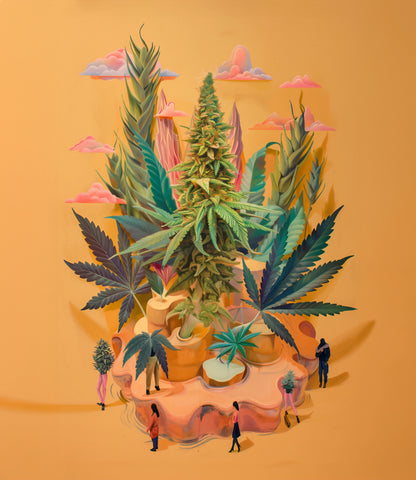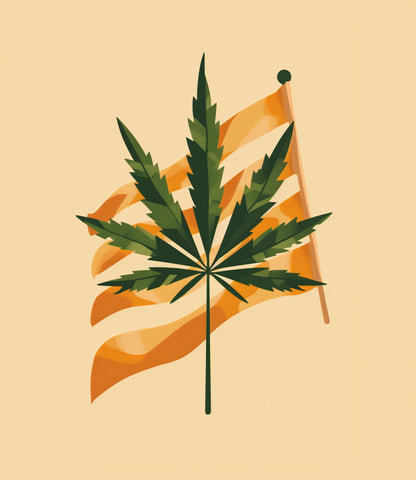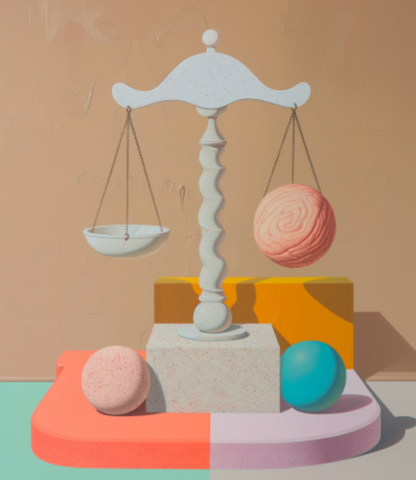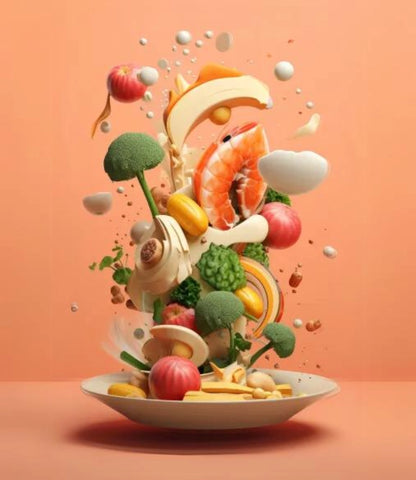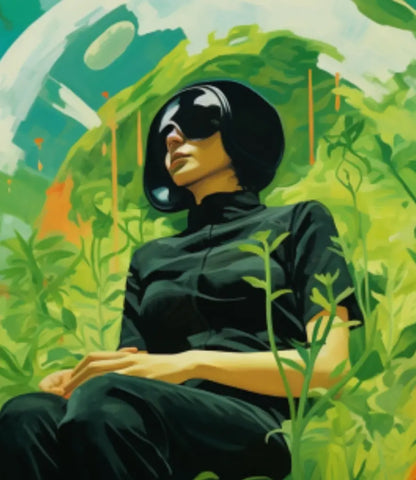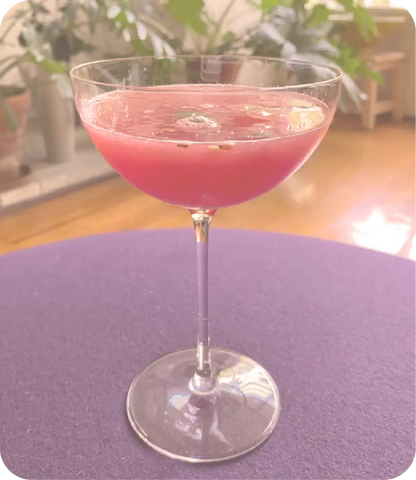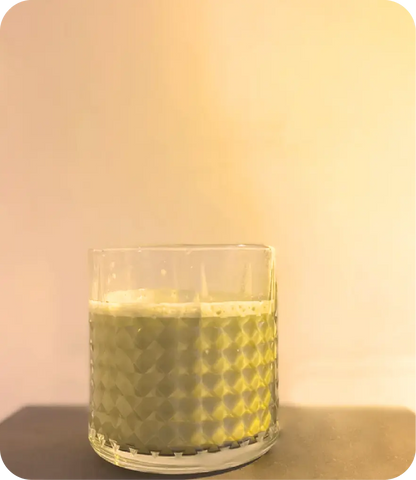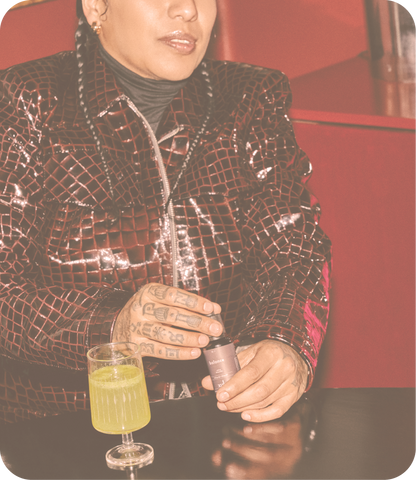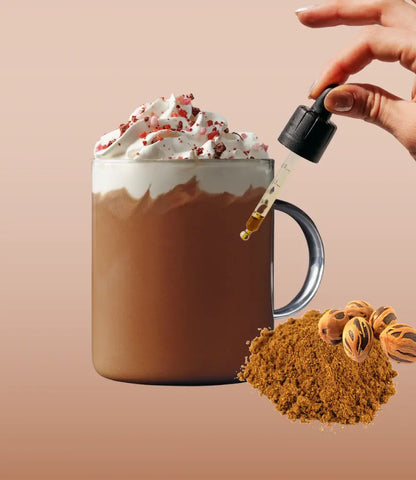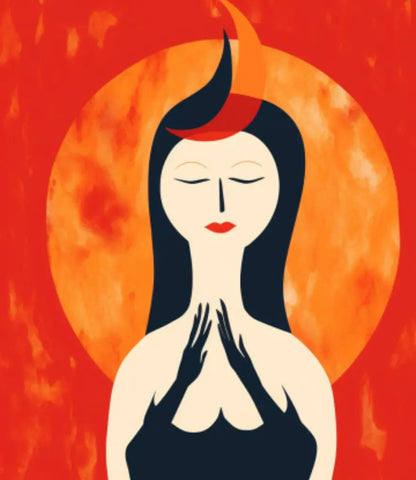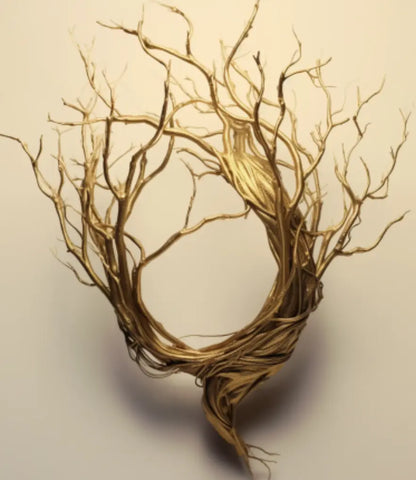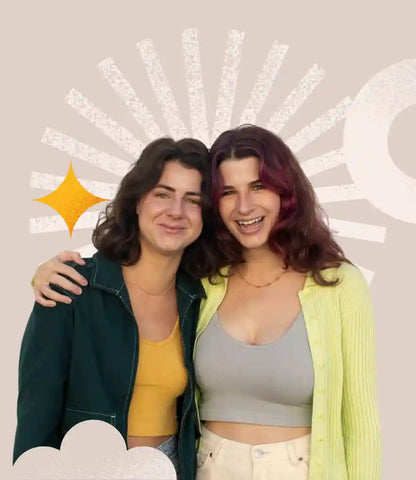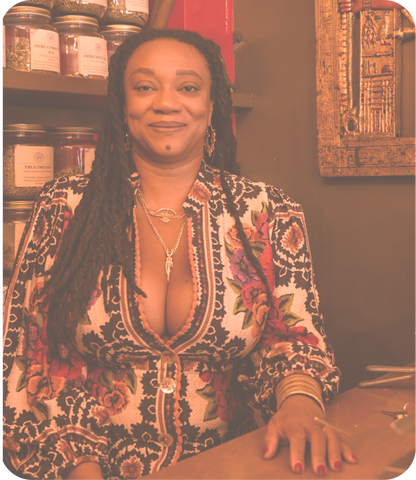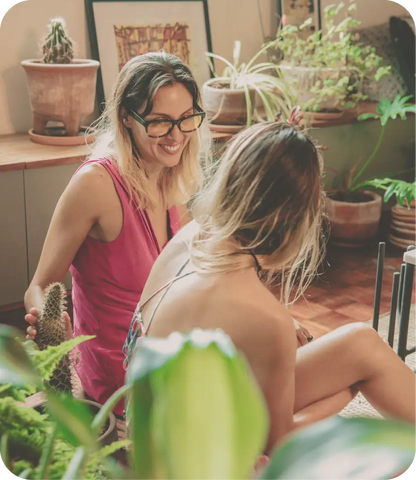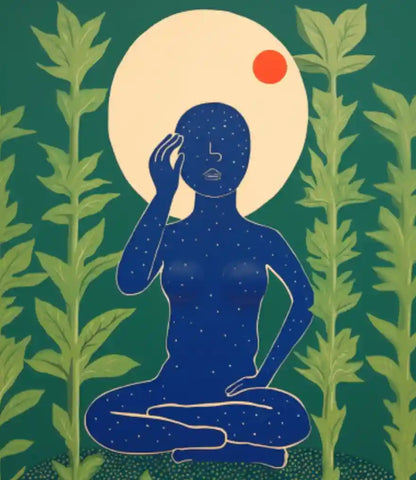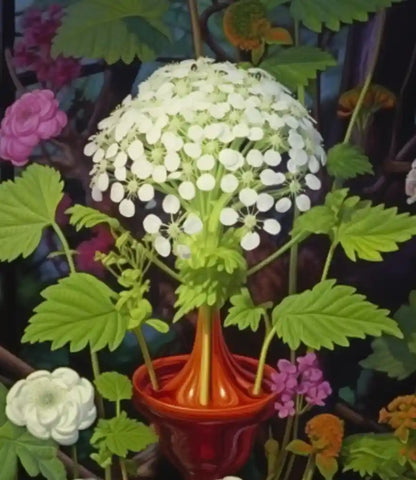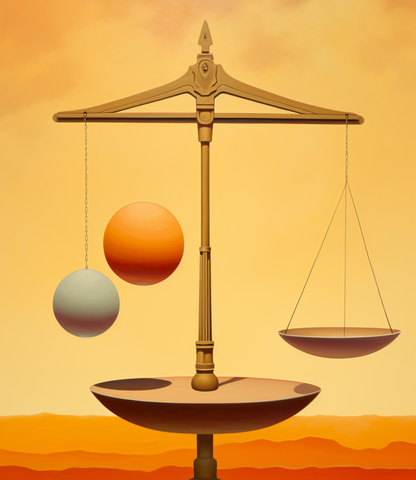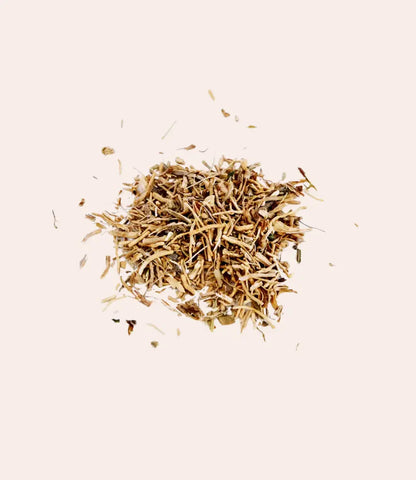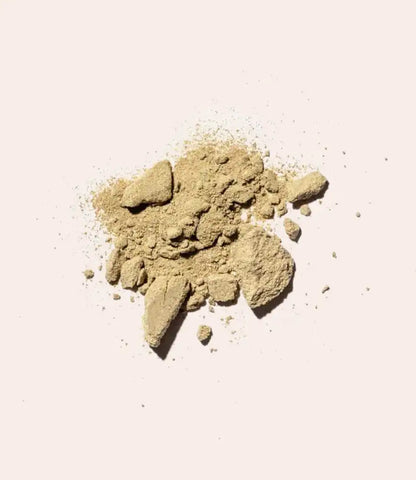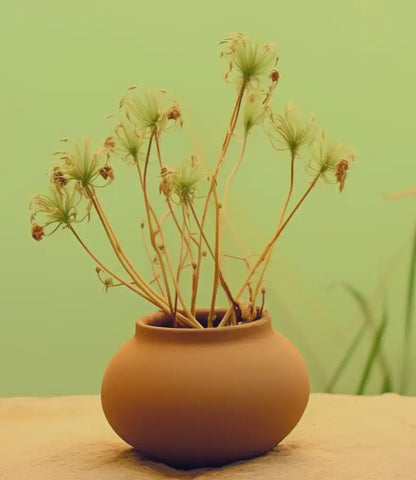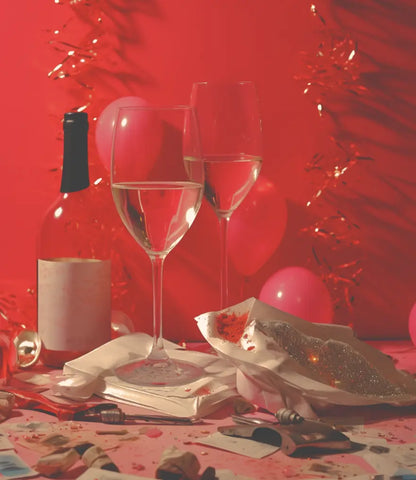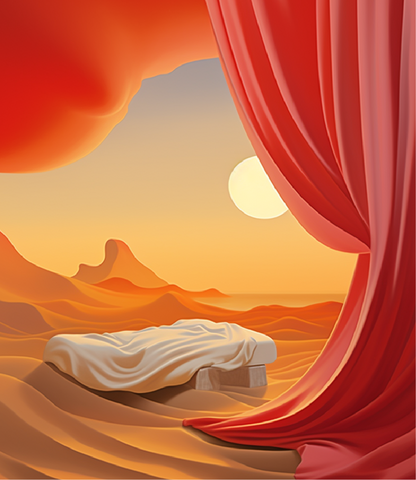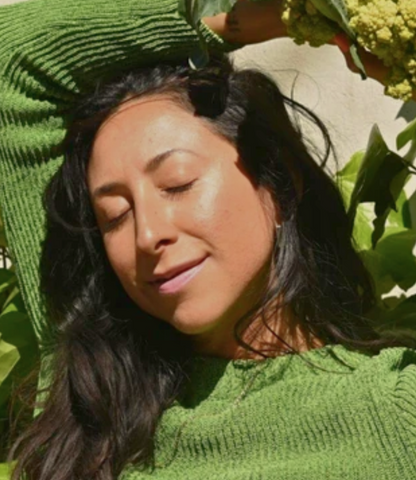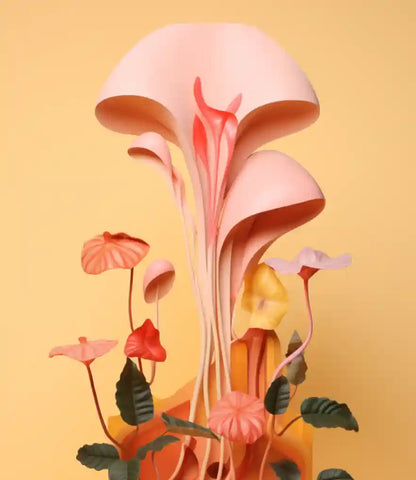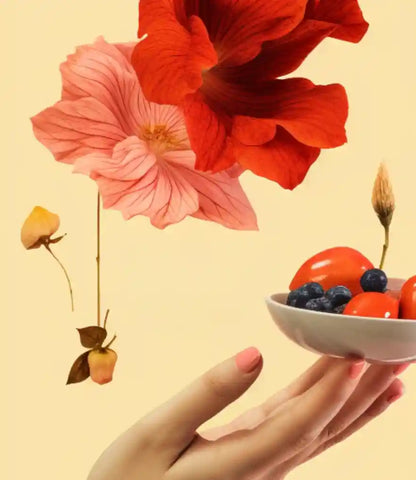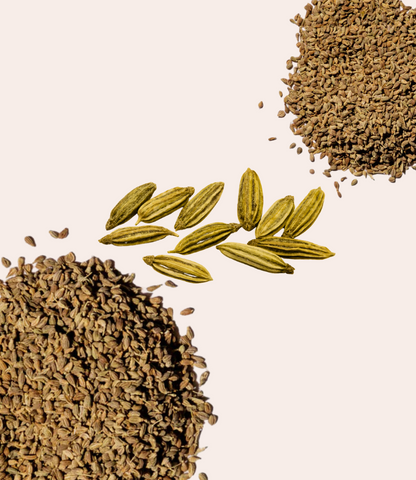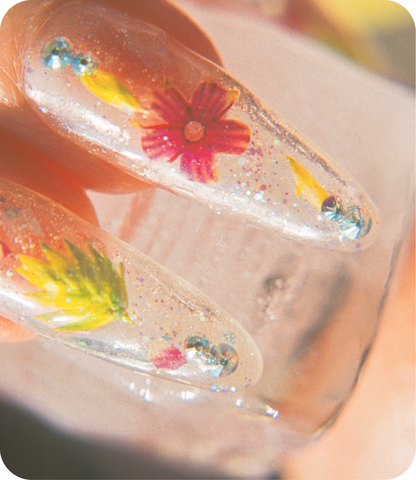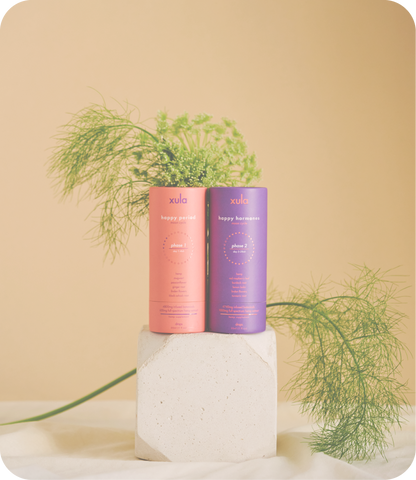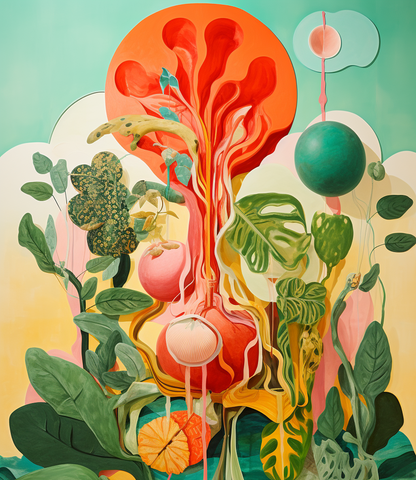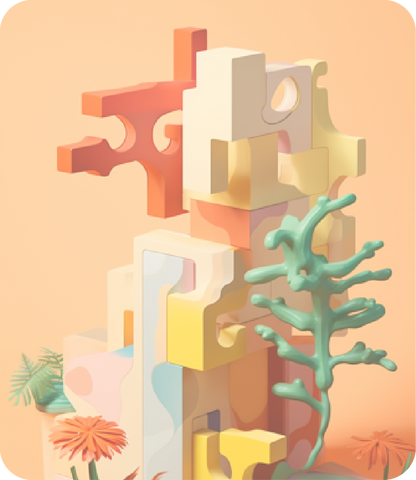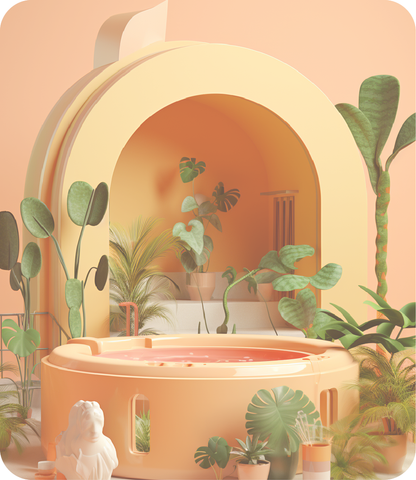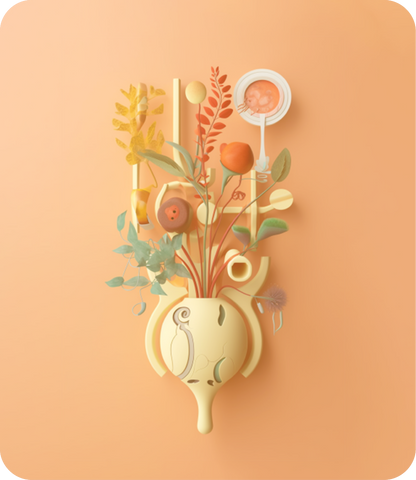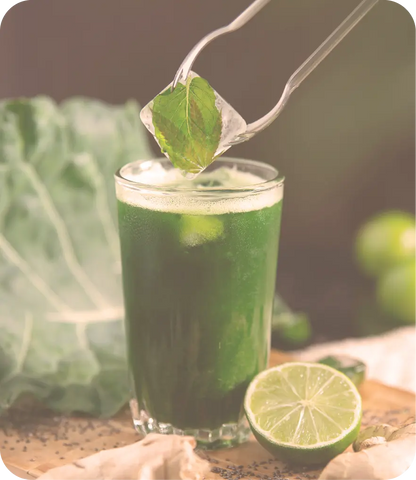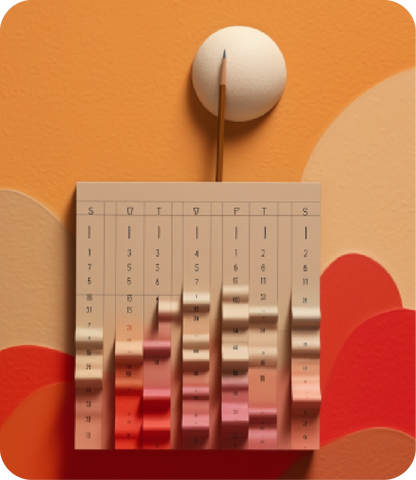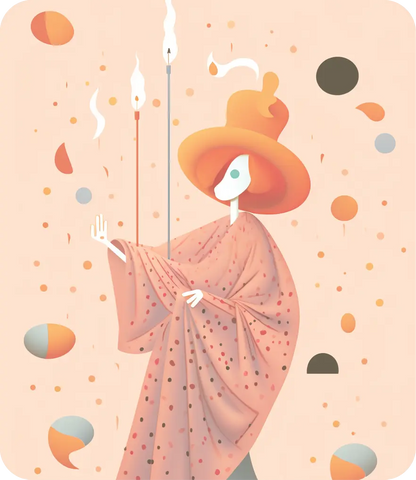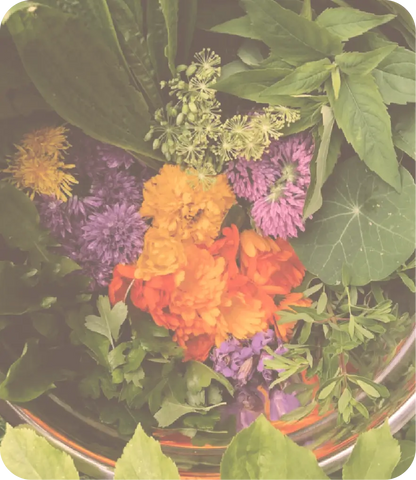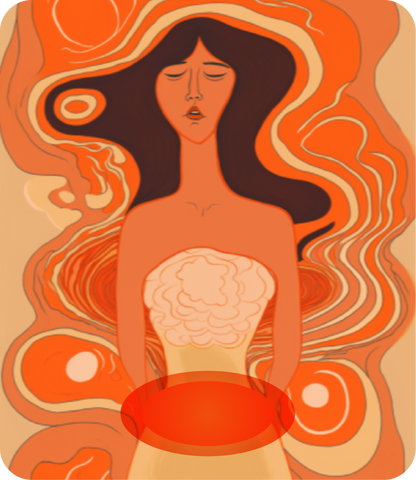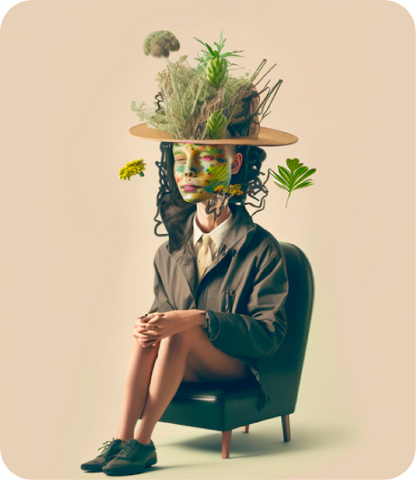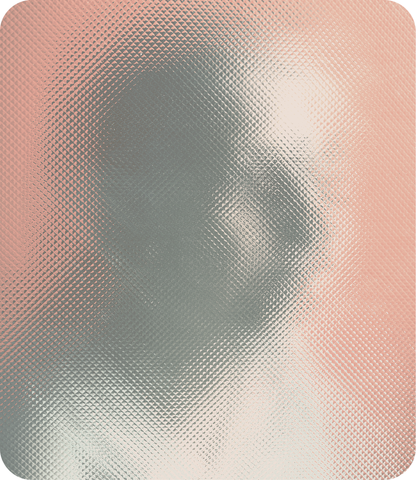
Bodies That Bleed & Bodies That Don't
What does it mean to be a body that bleeds? This in itself is a complicated yet also extremely basic concept—a body that bleeds is one that has a cycle of bleeding during their period. Yet at Xula, as a small business mostly operated and owned by people with wombs, we recognize, witness, and respect that not all bodies that have periods and cycles bleed. Sometimes that is due to irregularities in one’s cycle, medication, types of contraception, menopause, or just having a body that does not. Whatever the case may be, we see you, value you, and understand that all bodies can still be supported by the botanicals used for millennia.
We have the conviction that being a body that bleeds, that experiences a certain kind of womb, cycle, no tiene nada que ver with the gender and sexuality you embody. Women bleed. Men bleed. Some women used to bleed. Some women have never and will never bleed. People who are nonbinary bleed, and sometimes they don’t. That's why we’ve formulated products for all bodies and cycles.
Our specifically crafted Moon collection (whew! mhm! uff!) is formulated with herbs that are an ally to bodies having a period, PMS, and or menopausal ailments. But we don’t just stop there, the Solo Hemp line, along with our every body collection of ah! and zzz! drops, may also help the not-so-comfy symptoms of a period, while also being plant medicine specifically tailored for all bodies. From the outset, we always wanted to make a line that focuses on period + cycle health that goes beyond the outdated notions of gender and bodies, for the better wellness of our communities.
During Pride and every day of the year, we highlight queer bodies and gender-inclusive people, and this year, are amplifying the voices of some in our direct community here in Mexico City, from activists to artists.
Our forthcoming campaign, Bodies That Bleed + Bodies That Don’t, specifically activates the unique relationship a variety of individuals have with plant medicine. In order to kick off the conversation around our immensely personal relationships with herbs, wellness, and our embodied identities, we’re sharing statements from our Xula founders and team members:
“At the core we are a gender-inclusive brand that focuses on providing real and natural solutions for periods and cycles. We aim to amplify and provide genuine visibility and representation to our communities. At the very foundational level, the products we offer and the content we create are to help people “feel yourself”, to thrive and feel at their best in their bodies.
I see my queerness as a process of becoming, of finding greater freedom by being able to express myself authentically while letting go of societal norms and fear of judgment. I see part of the medicine of cannabis is that it allows me to break from certain thinking patterns and expand the ways in which I relate to myself and others. In this way, I see cannabis as forming part of this journey of showing me and helping me in this process of becoming.”
— Karina Primelles, CEO and co-founder of Xula.
“As a Black queer woman who quietly identifies as bisexual and has used plant medicine for the better part of 24 years, a crucial part of my journey is to look at our past and our history—to look to the ancient West African queer peoples, to the queer bodies in India, indigenous people of the Americas, to the text of the Buddha that exalts bodies of both genders and bodies that bleed.
These bodies and people built lineages, traditions, and histories in their queerness. Many of which unfortunately have been erased and criminalized by colonial perspectives. When you look at queerness and herbalism through this context, you see that both are new concepts, in fact, herbalism, LGBTQUIA+ or BIPOC communities have often had to rely on plant-medicine and herbs to survive and thrive. So much of this goes into why I do what I do.”
— Mennlay Golokeh Aggrey, co-founder + creative director.
“[Being] non-binary person with a womb, my mere existence as a queer being is “queering” everything, especially my cycles and the work that my womb does for my body as an ecosystem. I personally believe that rather than being ‘genderless,’ I strive to be ‘gender-full,’ abundant in all the ways I can self-express and be present in my own body by removing the limitations of the binary. Herbal aid, especially through Xula and cannabis use, has assisted me in solidifying my relationship to being present in this body and honoring all the work it does to keep me alive and to assist me in living deliciously, understanding that the idea that our moon cycle should be painful and viewed as dirty/negative: is not a fact but an idea that has been fed to us for generations and when I choose to be comfortable and confident during my moon days, I'm choosing to break that chain and build a new kind of relationship with my body, one that's based in love and not shame.”
– Omi, multimedia artist, musician, and modern-day bruja.
“It’s always a feat of mental gymnastics to ascribe the totality of a collection of identities to a single month or day, but during June I think it’s essential to burn into my mind this slogan: Pride Started As A Riot. Pride Month began as remembrance and solidarity for the police brutality that took place in New York on the last days of June in 1969. In this way, Pride is anti-fascist, anti-authoritarian, and anti-carceral. Pride means ACAB. In the US, people who don’t identify as cis-male are increasingly policed, barred from essential health care, and censored from even speaking about their identities and lived experiences.
I use ‘modern’ medicine on a daily basis and I respect and appreciate modern medical interventions. I also recognize the fact that as our bodies are increasingly surveilled and legal protections are stripped, I might be cut off from this support, like so many others have been (or have been unable to access it in the first place!). I likewise use plant medicine, whether it’s Xula, spiced dishes, or herbal teas, on a daily basis. Xula is batch made and labeled, making these formulas more convenient and it easier to ingest, but I also appreciate that anyone with a garden and a network of folks across a few growing zones can make these medicines for free. Plants are subversive. Their propagation and proliferation can be anti-fascist, anti-authoritarian, and anti-carceral. We can continue to share these foraged remedies and educate each other on plant medicine to increase the wellness of our communities and of all bodies.”
-Layla, head of education


